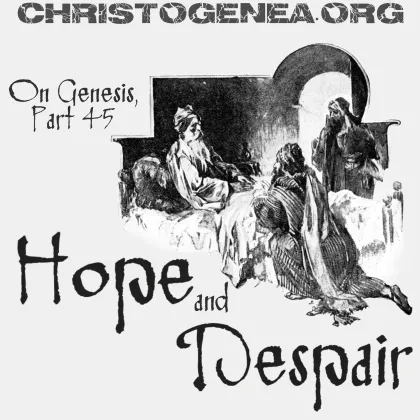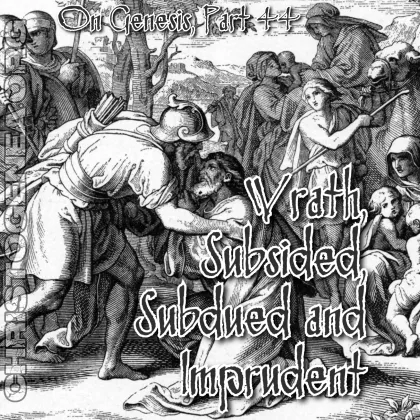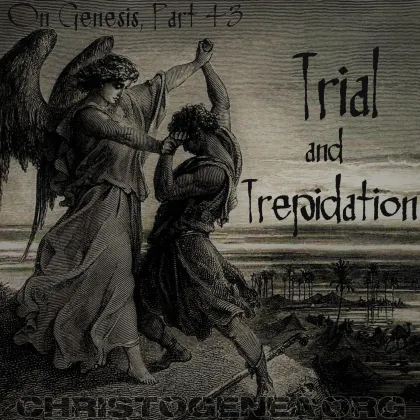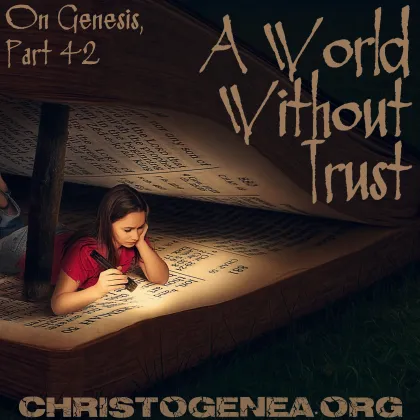On Genesis, Part 45: Hope and Despair

On Genesis, Part 45: Hope and Despair
One important lesson which we should all find in the story of Jacob Israel is that in spite of his having had the hope of the promises of Yahweh God, he still had to live with the despair of being in this world. So after he had returned to Canaan from Haran, his daughter was raped by his enemies, at least several of his sons had disappointed him in various ways, even having violated his marriage bed, and among other things, as we shall also encounter here in Genesis chapter 35, his most beloved wife had died giving birth to his last child. If Jacob had suffered these things, having inherited the promises of Abraham and having had the direct blessings of his God, and yet he persisted in obedience to God, then Christians should know beforehand that they shall also suffer these things, and that they must also persist in the faith which Jacob had exhibited. No Christian apart from Christ Himself is better than Jacob, a man who was described by Moses as having been perfect or complete, even if in the King James Version the word is mistranslated as “plain” in Genesis chapter 25 (25:27).
For this same reason, Paul of Tarsus had written in Romans chapter 8, speaking of the creation of God found in the children of Adam, “16 That same Spirit bears witness with our Spirit, that we are children of Yahweh. 17 And if children, then heirs: heirs indeed of Yahweh, and joint heirs of Christ; if indeed we suffer together, that also we will be honored together. 18 Therefore I consider that the happenstances of the present time are not of value, looking to the future honor to be revealed to us. 19 Indeed in earnest anticipation the creation awaits the revelation of the sons of Yahweh. 20 To transientness the creation was subjected not willingly, but on account of He who subjected it in expectation 21 that also the creation itself shall be liberated from the bondage of decay into the freedom of the honor of the children of Yahweh. 22 For we know that the whole creation laments together and travails together until then.” Christ Himself expressed this same sentiment in His Revelation, in chapter 21 where John had described his vision of the descent of the City of God and we read: “3 And I heard a great voice from out of the throne, saying: ‘Behold! The tabernacle of Yahweh is with men, and He shall dwell with them, and they shall be His people, and Yahweh Himself shall be with them, 4 and He shall wipe every tear from their eyes, and death shall not be hereafter, nor grief, nor crying, nor toil, it shall be no longer: the former things have departed!’”








 Please click here for our mailing list sign-up page.
Please click here for our mailing list sign-up page.








Recent comments